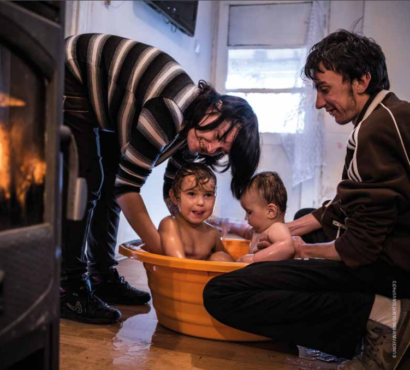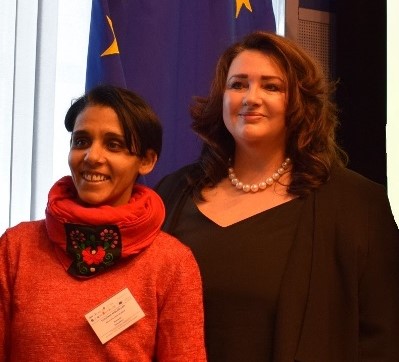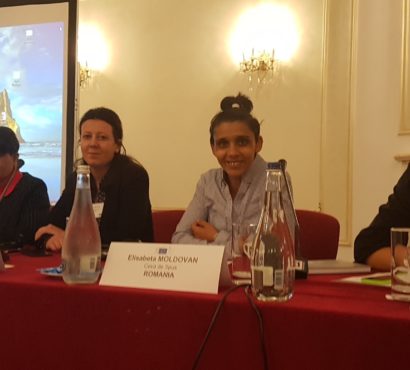Inclusion Europe > \\\\\\\\\\\\\\\\\\\\\\\\\\\\\\\\\\\\\\\\\\\\\\\\\\\\\\\\\\\\\\\\\\\\\\\\\\\\\\\\\\\\\\\\\\\\\\\\\\\\\\\\\\\\\\\\\\\\\\\\\\\\\\\\\\\\\\\\\\\\\\\\\\\\\\\\\\\\\\\\\\\\\\\\\\\\\\\\\\\\\\\\\\\\\\\\\\\\\\\\\\\\\\\\\\\\\\\\\\\\\\\\\\\\\\\\\\\\\\\\\\\\\\\\\\\\\\\"deinstitutionalisation\\\\\\\\\\\\\\\\\\\\\\\\\\\\\\\\\\\\\\\\\\\\\\\\\\\\\\\\\\\\\\\\\\\\\\\\\\\\\\\\\\\\\\\\\\\\\\\\\\\\\\\\\\\\\\\\\\\\\\\\\\\\\\\\\\\\\\\\\\\\\\\\\\\\\\\\\\\\\\\\\\\\\\\\\\\\\\\\\\\\\\\\\\\\\\\\\\\\\\\\\\\\\\\\\\\\\\\\\\\\\\\\\\\\\\\\\\\\\\\\\\\\\\\\\\\\\\\"
Many people of all ages and different conditions (elderly, children, persons with disabilities – including persons with mental health problems) live in residential institutions which tend to
segregate them from the community. For the purposes of this report, these institutions are not defined primarily by their size but above all by features of “institutional culture” depersonalisation, rigidity of routine, block treatment, social distance, paternalism). Size is merely an indicator - the larger the setting, the fewer the chances are to guarantee individualised, needs-tailored services as well as participation and inclusion in the community.
Adopted by the Committee of Ministers on 3 February 2010
at the 1076th meeting of the Ministers’ Deputies
UNICEF - Ending institutionalisation and strenghtening family and community based care for children in Europe and beyond
Joint submission to the Draft General Comment No 5 on Article 19
Submission to the Draft General Comment No 5 on Article 19
At the "Towards Inclusion" conference, the Commissioner for Equality found strong words against institutionalisation. EPSA member Elisabeta Moldovan talked about her experiences growing up in institutions.
Inclusion Europe's director Milan Šveřepa talks about a seminar on deinstitutionalisation he recently attended in Romania.
Inclusion Europe, the European Association of Persons with Intellectual Disabilities and their families, represents the voice of more than seven million people. Our members include organisations of people with intellectual disabilities and their families at national, regional and local level.
Search
Archives
Categories
Latest Posts
January 29, 2024
December 19, 2023
December 18, 2023
November 28, 2023
Tags
Europe in Action 2010European SemesterreportEU Alliance for Investing in ChildrenAndrea WesterlundEASPDCanadaHarry RochePerspektivaInclusionEurope in Action 2009World CongressHappiness dayEurope in Action 2006Europe in Action 2005Europe in Action 2004Europe in Action 2003Europe in Action 2020Europe in Action 2007Katrin Langensiepen









